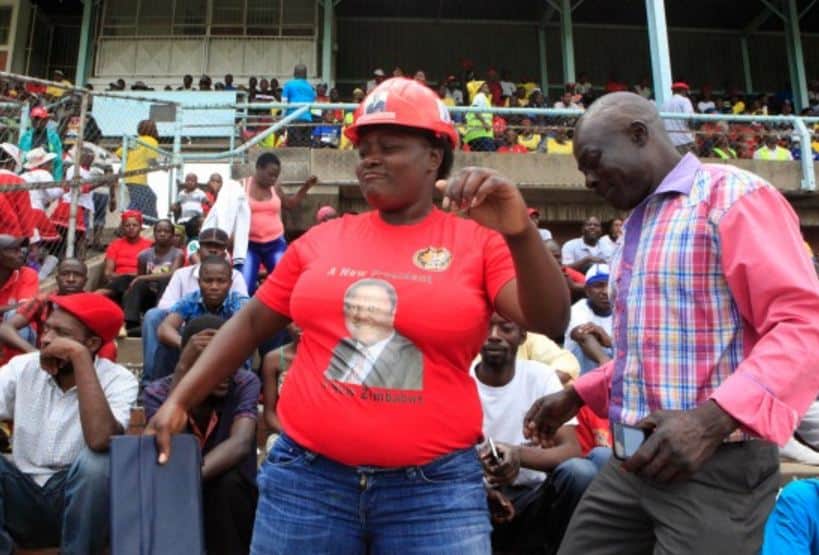ZwNews Chief Correspondent
The Zimbabwe Congress of Trade Unions (ZCTU) has criticised the Minister of Public Service, Labour and Social Welfare, Sekai Nzenza for her stance on policy that give employers the powers to hire and fire willy-nilly.
ZCTU president Peter Mutasa says the sentiments attributed to the minister are regrettable and should be condemned, adds that she has started her tenure on a bad note.
He says over the years, his organisation had been working flat out to improve labour laws in the country, but the minister’s reported comments sounds retrogressive all in the name of ‘ease of doing business.’
He says the flexibility alignment of Labour Laws by the government to lure investors, should be done in a way that doesn’t expose employees to unfair labour practices by employers. Mutasa adds that it is also vital for government to always consult the labour force when enacting laws that has a bearing on their lives.
He adds that when working out improvements in the ease of doing business, government should not only focus on labour laws, but on other factors too.
“There are a number of variables in the production chain, like raw materials, technology, and machinery that determine costs and sacrificing labour only is just unfair,” says Mutasa.
He blames the government for passing laws that victimises workers. Mutasa says the fact that most ZANU PF big wigs have become employers, has led the ruling party to pass laws that empowers them to fire workers at will, as they dislike paying.
Meanwhile, sometime in 2016, the High Court of Zimbabwe made a ruling that gave employers some easy passage to fire workers. The ruling led to the dismissal of thousands of workers, as companies took advantage of the court ruling.
With the country’s economy not performing well, with capacity utilisation running low, a number of companies have either closed down, or downsized, they struggle to survive, rendering thousands redundant.
With unemployment rate estimated to be above 80 per cent, ZCTU believes it is unfair to give employers unrestricted powers to fire workers at will. The situation had become a balancing act, with performance based remuneration argued to be the ideal mode, as both employers and employees try to survive.













